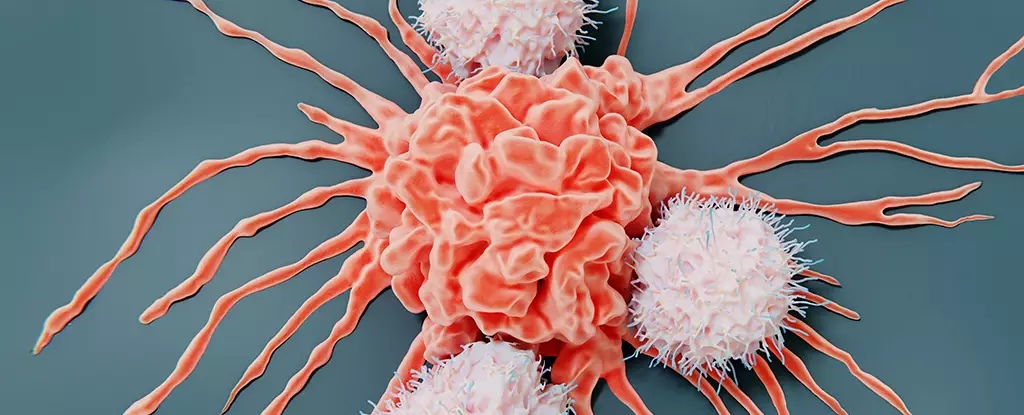Recent studies have shown that a restricted diet, specifically fasting, could potentially reprogram the metabolism of white blood cells in mice, enhancing their ability to fight cancer. The research conducted by an international team of experts led by researchers from the Memorial Sloan Kettering Cancer Center in New York focused on natural killer cells (NK cells) and their response to fasting.
NK cells play a crucial role in the immune system’s defense against cancer and other threats to the body. Unlike T cells, NK cells have the ability to target and destroy threats they have not encountered before. However, when faced with cancer, NK cells operate under a significant amount of stress. Tumors create a hostile environment rich in nutrients that are detrimental to most immune cells.
The researchers conducted an experiment where mice injected with tumor cells were put on a diet that included two 24-hour periods of water-only fasting each week. The results showed that fasting triggered a reprogramming of NK cells, leading them to utilize free fatty acids as an alternative energy source. This metabolic shift resulted in NK cells being more equipped to survive in the tumor environment and exhibit improved anti-cancer properties.
The findings of this study are promising, suggesting that fasting could enhance the immune system’s ability to fight cancer. However, it is essential to note that any fasting regimen should be done under the guidance of a medical professional, as individual health conditions vary. Further research is needed to determine the effectiveness of fasting in human subjects and understand the long-term impact on NK cells.
The research on the impact of fasting on cancer treatment opens up new possibilities in the field of immunotherapy. By reprogramming the metabolism of NK cells through fasting, there is potential for enhancing the body’s natural defense mechanisms against cancer. As we await further studies to validate these findings in human trials, the potential of fasting as a complementary approach to cancer treatment remains a topic of great interest and significance in the scientific community.


Leave a Reply